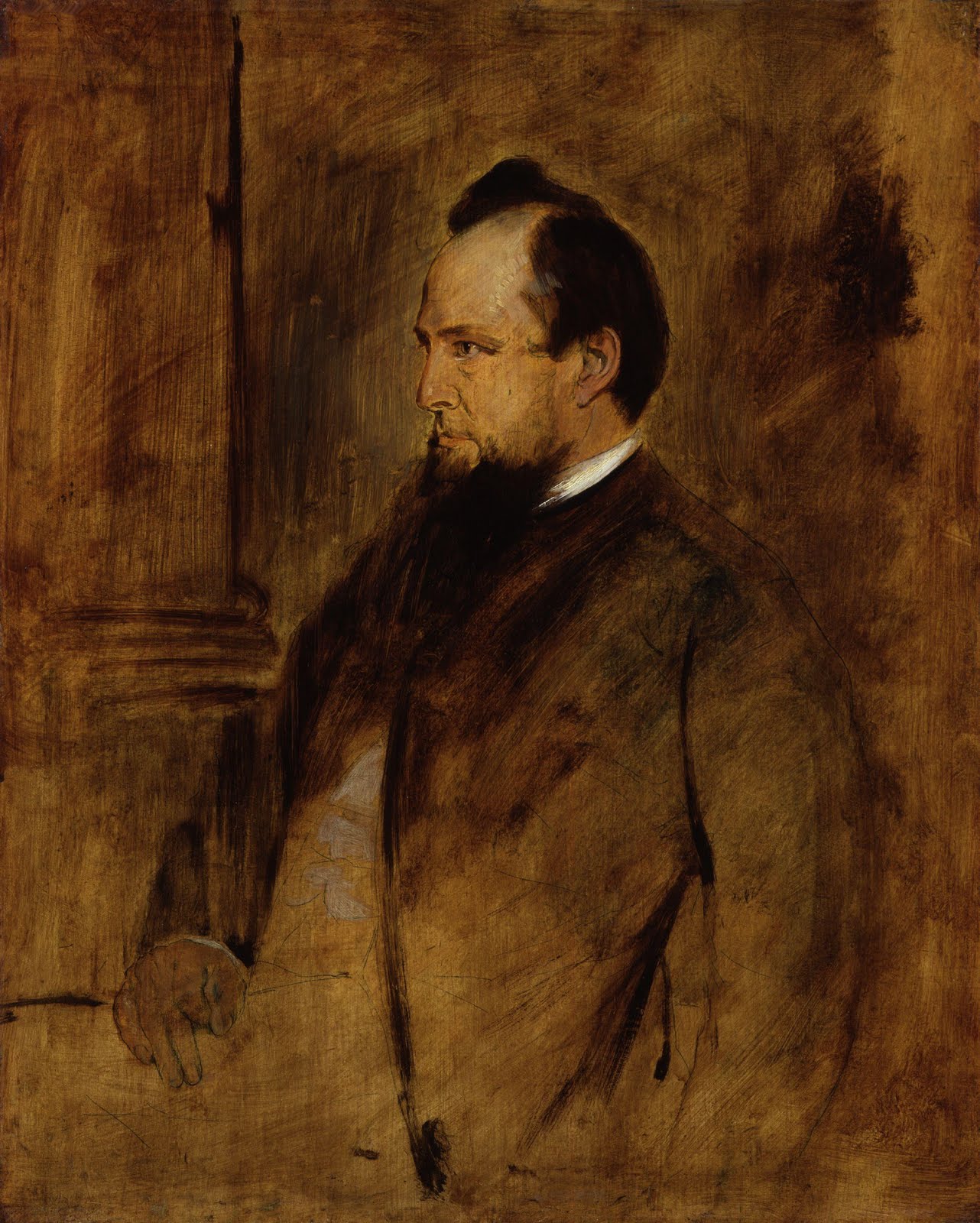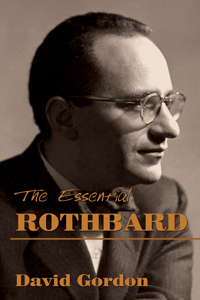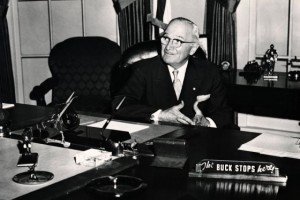
Lord Acton
John Dalberg-Acton (Lord Acton) was one of the greatest minds and historians of his era. Counselor to Prime Minister William Gladstone, Lord Acton probably understood the battle between freedom and force better than anyone. Unfortunately, his much anticipated work on the history of freedom was never completed. Nonetheless, historians, who have read his notes and annotations, have raved about his immense wisdom on people, power, and politics.
Recently, I completed a series of lectures from Lord Acton in his book Modern History. There were so many nuggets in this book that I wanted to highlight the whole thing! In any event, I want to share with you one segment of the book where he talks about the origins of England’s conflict with its American colonies. I hope you enjoy it as much as I did.
Sincerely,
Orrin Woodward – LIFE Leadership Co-Founder
Then came the larger question of taxation. Regulation of external traffic was admitted. England patrolled the sea and protected America from the smuggler and the pirate. Some remuneration might be reasonably claimed; but it ought to be obtained in such a way as not to hamper and prohibit the increase of wealth. The restrictions on industry and trade were, however, contrived for the benefit of England and to the injury of her colonies. They demanded that the arrangement should be made for their mutual advantage. They did not go so far as to affirm that it ought to be to their advantage only, irrespective of ours, which is our policy with our colonies at the present time. The claim was not originally excessive. It is the basis of the imputation that the dispute, on both sides, was an affair of sordid interest. We shall find it more just to say that the motive was empire on one side and self–government on the other.
It was a question between liberty and authority, government by consent and government by force, the control of the subject by the State, and the control of the State by the subject. The issue had never been so definitely raised. In England it had long been settled. It had been settled that the legislature could, without breach of any ethical or constitutional law, without forfeiting its authority or exposing itself to just revolt, make laws injurious to the subject for the benefit of English religion or English trade. If that principle was abandoned in America it could not well be maintained in Ireland, and the green flag might fly on Dublin Castle. This was no survival of the dark ages. Both the oppression of Ireland and the oppression of America was the work of the modern school, of men who executed one king and expelled another. It was the work of parliament, of the parliaments of Cromwell and of William III. And the parliament would not consent to renounce its own specific policy, its right of imposing taxes.
The crown, the clergy, the aristocracy, were hostile to the Americans; but the real enemy was the House of Commons. The old European securities for good government were found insufficient protection against parliamentary oppression. The nation itself, acting by its representatives, had to be subjected to control. The political problem raised by the New World was more complicated than the simple issues dealt with hitherto in the Old. It had become necessary to turn back the current of the development of politics, to bind and limit and confine the State, which it was the pride of the moderns to exalt. It was a new phase of political history. The American Revolution innovated upon the English Revolution, as the English Revolution innovated on the politics of Bacon or of Hobbes. There was no tyranny to be resented. The colonists were in many ways more completely their own masters than Englishmen at home. They were not roused by the sense of intolerable wrong.
The point at issue was a very subtle and refined one, and it required a great deal of mismanagement to make the quarrel irreconcilable. Successive English governments shifted their ground. They tried the Stamp Act; then the duty on tea and several other articles; then the tea duty alone; and at last something even less than the tea duty. In one thing they were consistent: they never abandoned the right of raising taxes. When the colonists, instigated by Patrick Henry, resisted the use of stamps, and Pitt rejoiced that they had resisted, parliament gave way on that particular measure, declaring that it retained the disputed right. Townshend carried a series of taxes on imports, which produced about three hundred pounds, and were dropped by Lord North. Then an ingenious plan was devised, which would enforce the right of taxation, but which would not be felt by American pockets, and would, indeed, put money into them, in the shape of a bribe. East Indiamen were allowed to carry tea to American ports without paying toll in England.
The Navigation Laws were suspended, that people in New England might drink cheap tea, without smuggling. The duty in England was a shilling a pound. The duty in America was threepence a pound. The shilling was remitted, so that the colonies had only a duty of threepence to pay instead of a duty of fifteenpence. The tea–drinker at Boston got his tea cheaper than the tea–drinker at Bristol. The revenue made a sacrifice, it incurred a loss, in order to gratify the discontented colonials. If it was a grievance to pay more for a commodity, how could it be a grievance to pay less for the same commodity? To gild the pill still further, it was proposed that the threepence should be levied at the British ports, so that the Americans should perceive nothing but the gift, nothing but the welcome fact that their tea was cheaper, and should be spared entirely the taste of the bitterness within. That would have upset the entire scheme. The government would not hear of it. America was to have cheap tea, but was to admit the tax. The sordid purpose was surrendered on our side, and only the constitutional motive was retained, in the belief that the sordid element alone prevailed in the colonies. That threepence broke up the British empire.
Twelve years of renewed contention, ever coming up in altered shape under different ministers, made it clear that the mind of the great parent State was made up, and that all variations of party were illusory. The Americans grew more and more obstinate as they purged the sordid question of interest with which they had begun. At first they had consented to the restrictions imposed under the Navigation Laws. They now rejected them. One of the tea ships in Boston harbour was boarded at night, and the tea chests were flung into the Atlantic. That was the mild beginning of the greatest Revolution that had ever broken out among civilised men. The dispute had been reduced to its simplest expression, and had become a mere question of principle. The argument from the Charters, the argument from the Constitution, was discarded. The case was fought out on the ground of the Law of Nature, more properly speaking, of Divine Right. On that evening of 16th December 1773, it became, for the first time, the reigning force in History. By the rules of right, which had been obeyed till then, England had the better cause. By the principle which was then inaugurated, England was in the wrong, and the future belonged to the colonies. The revolutionary spirit had been handed down from the seventeenth–century sects, through the colonial charters.
As early as 1638 a Connecticut preacher said: “The choice of public magistrates belongs unto the people, by God’s own allowance. They who have the power to appoint officers and magistrates, it is in their power, also, to set the bounds and limitations of the power and place unto which they call them.” In Rhode Island, where the Royal Charter was so liberal that it lasted until 1842, all power reverted annually to the people, and the authorities had to undergo re–election. Connecticut possessed so finished a system of self–government in the towns, that it served as a model for the federal Constitution. The Quakers of Pennsylvania managed their affairs without privilege, or intolerance, or slavery, or oppression. It was not to imitate England that they went into the desert. Several colonies were in various ways far ahead of the mother country; and the most advanced statesman of the Commonwealth, Vane, had his training in New England. After the outrage on board the Dartmouth in Boston harbour the government resolved to coerce Massachusetts, and a continental Congress met to devise means for its protection.













